More integration leaving little room at the top for component specialists
House brands dominating team bikes and kit in the WorldTour
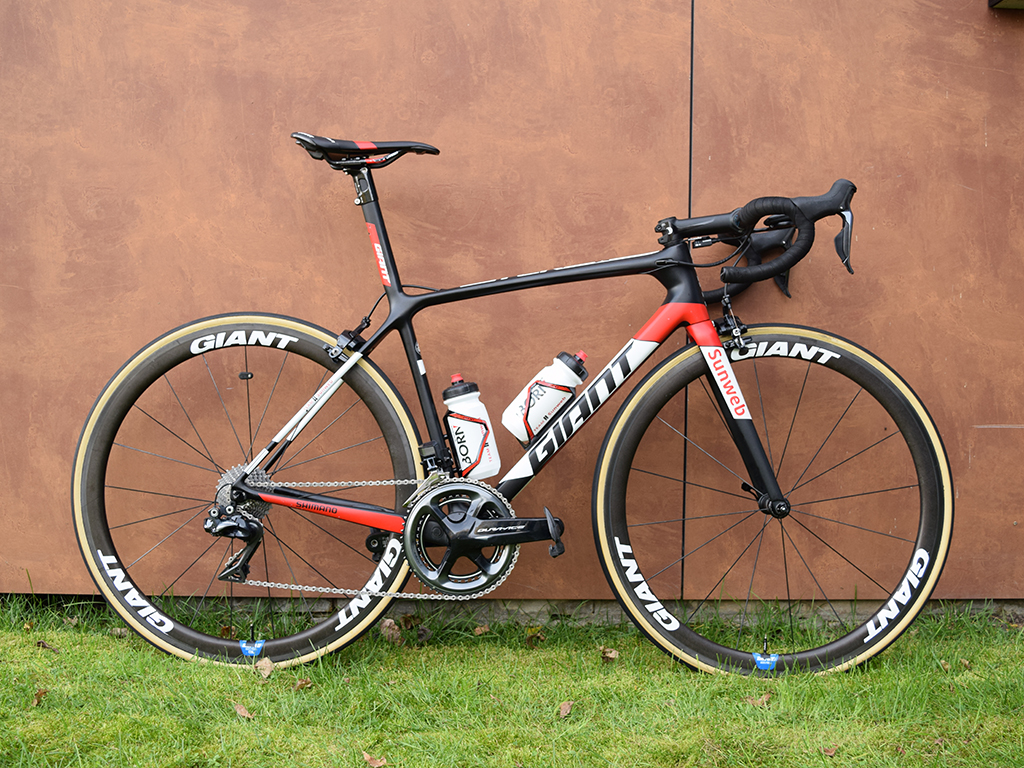
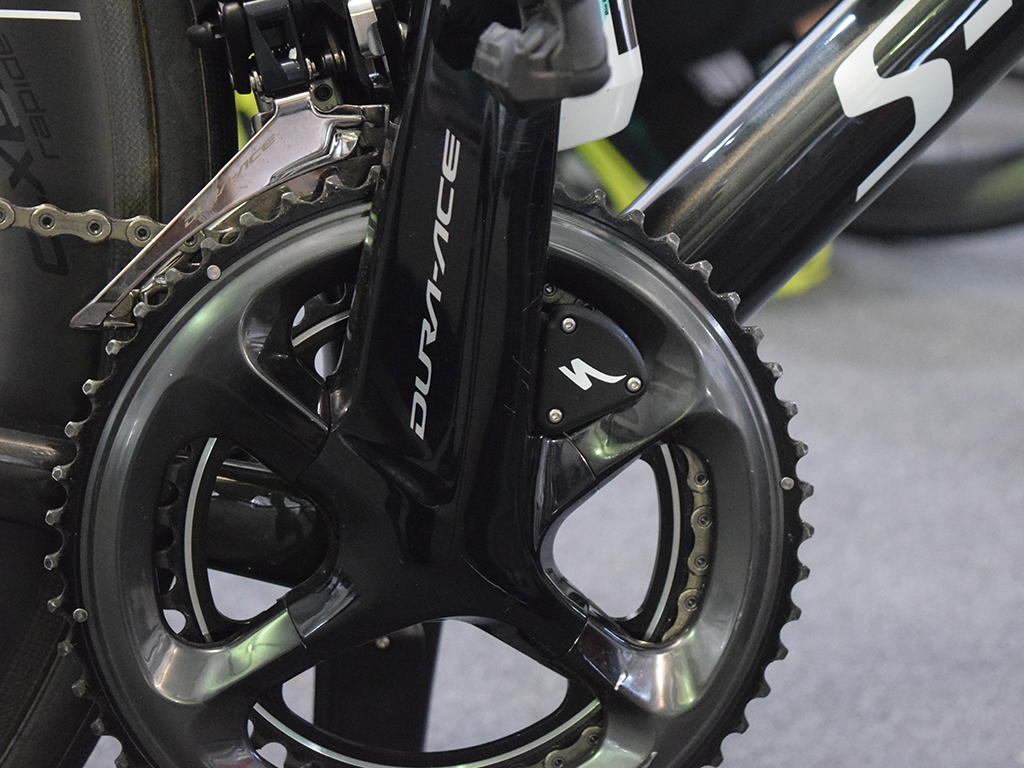
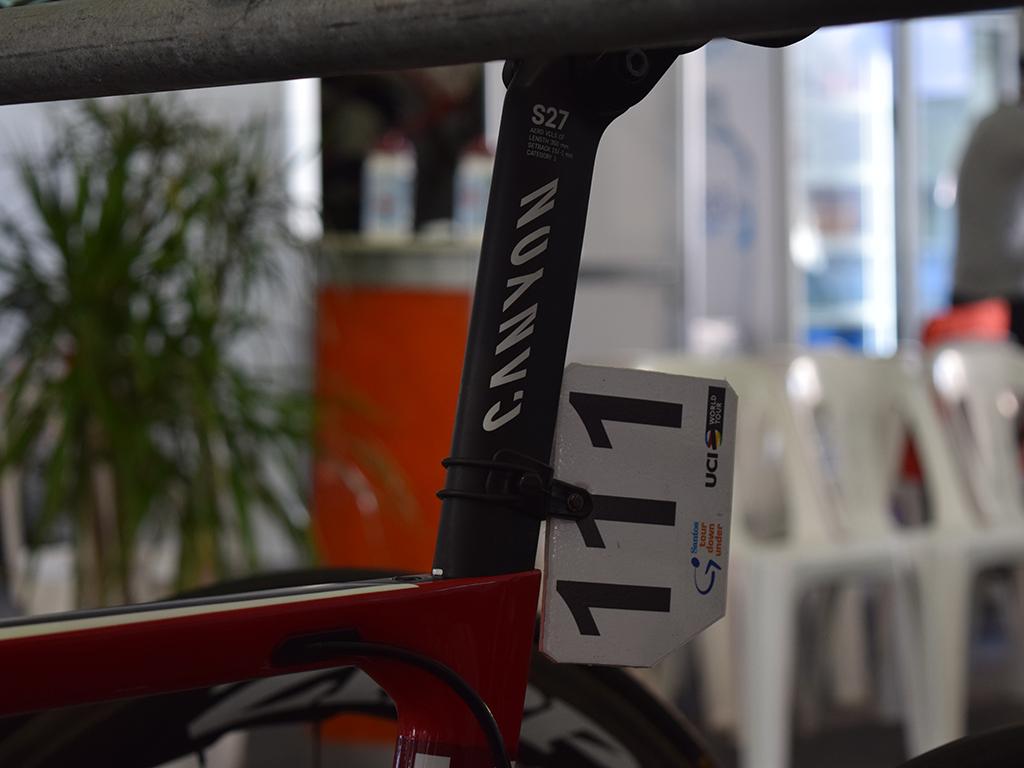
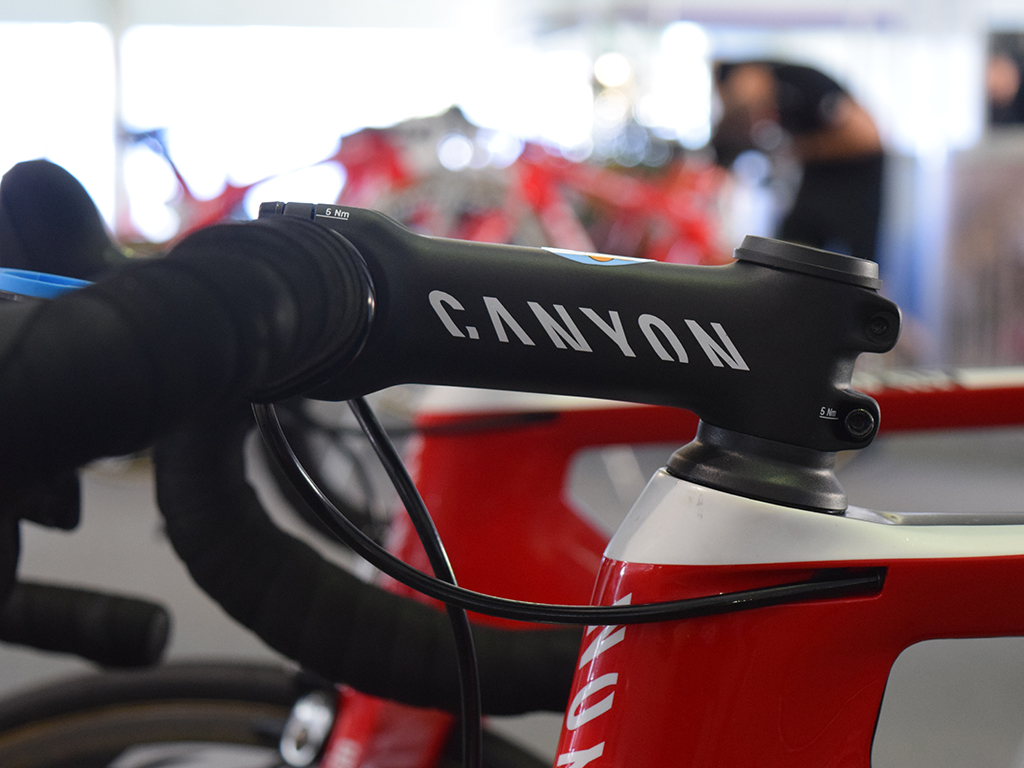
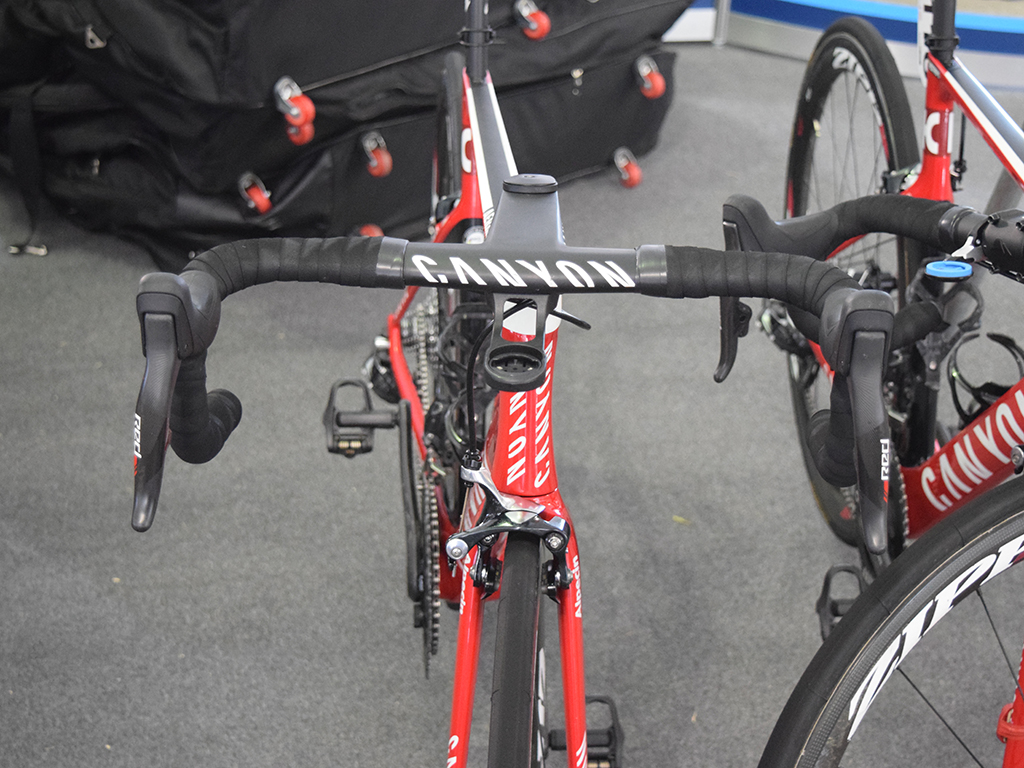
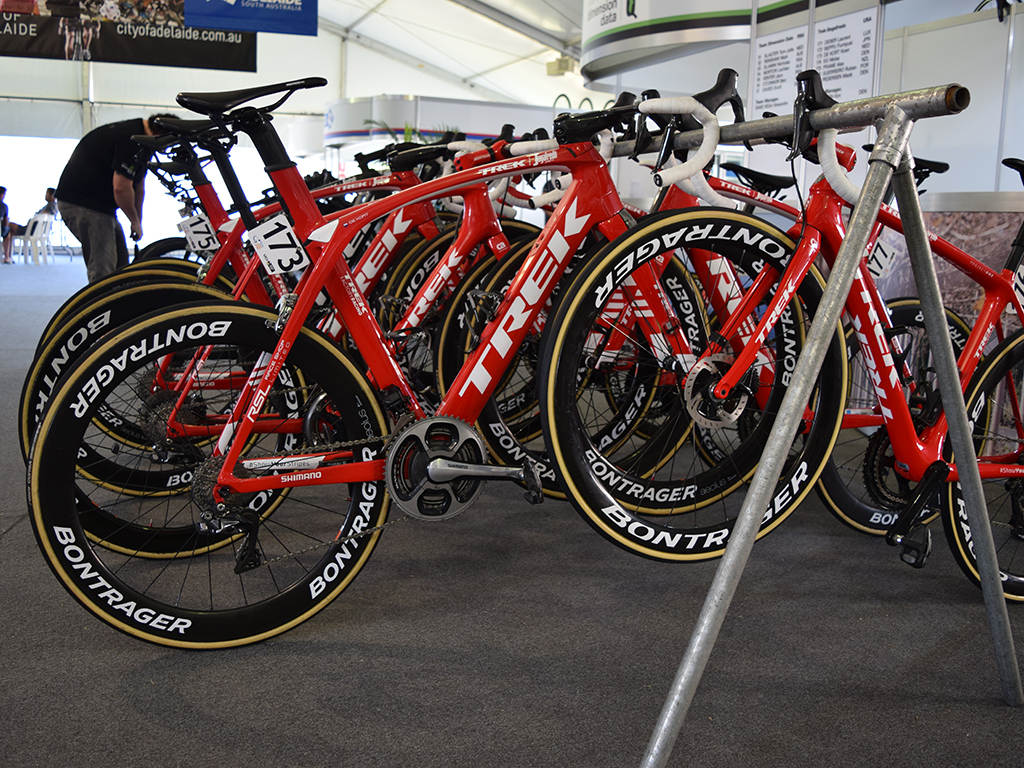
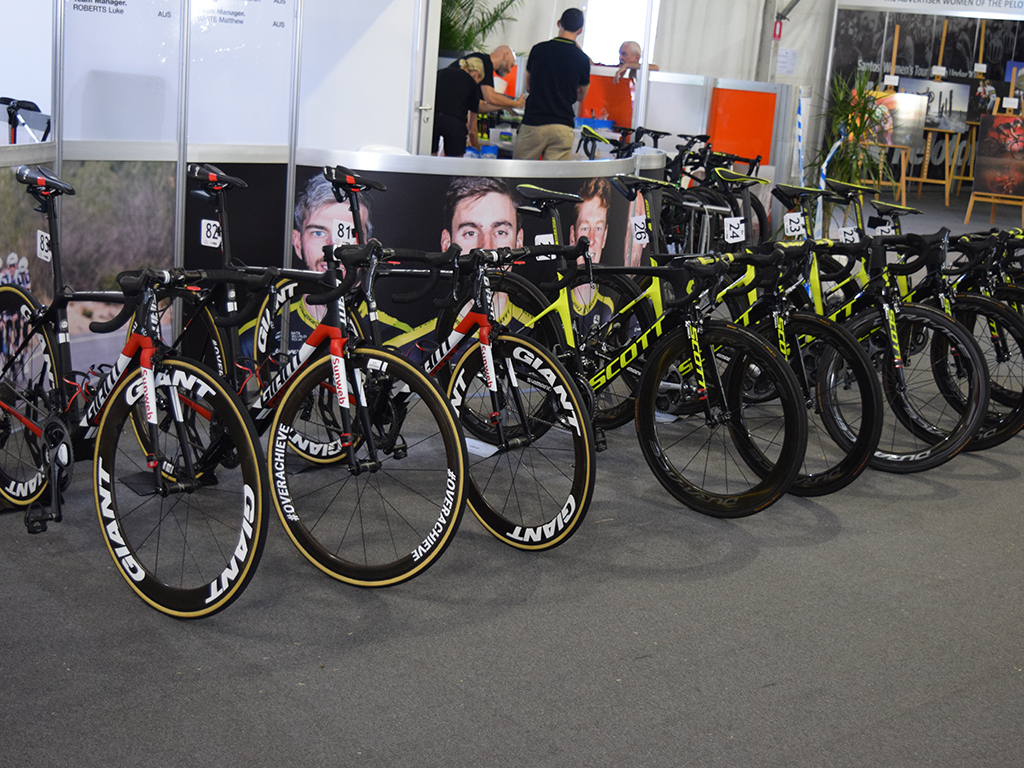
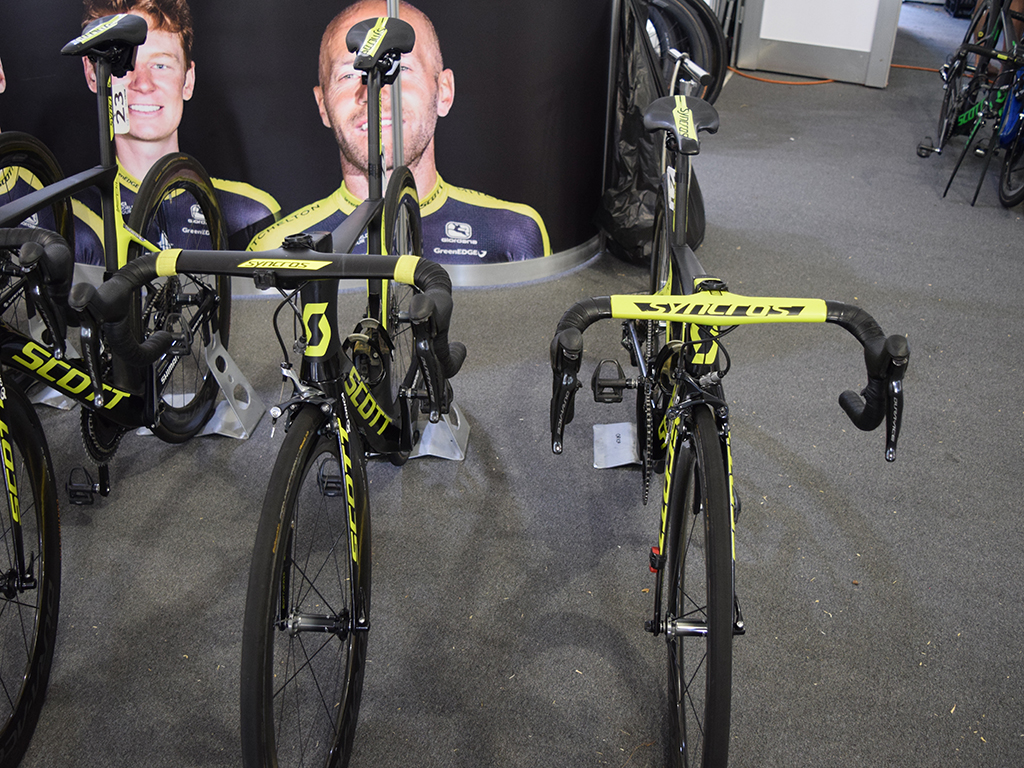
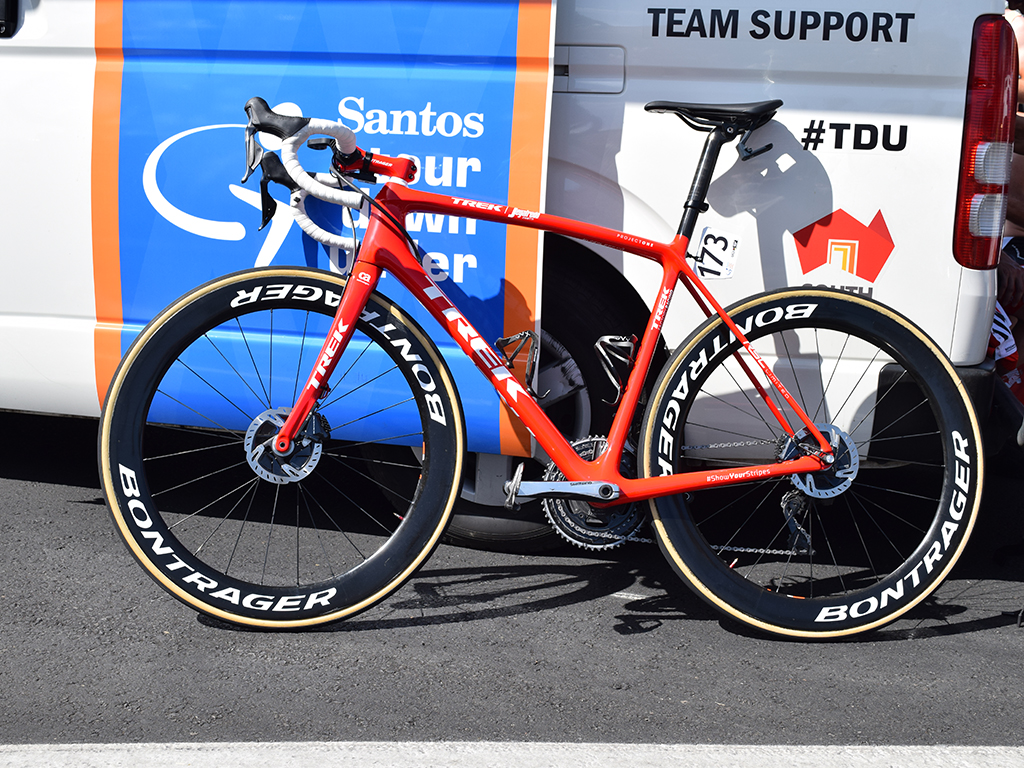
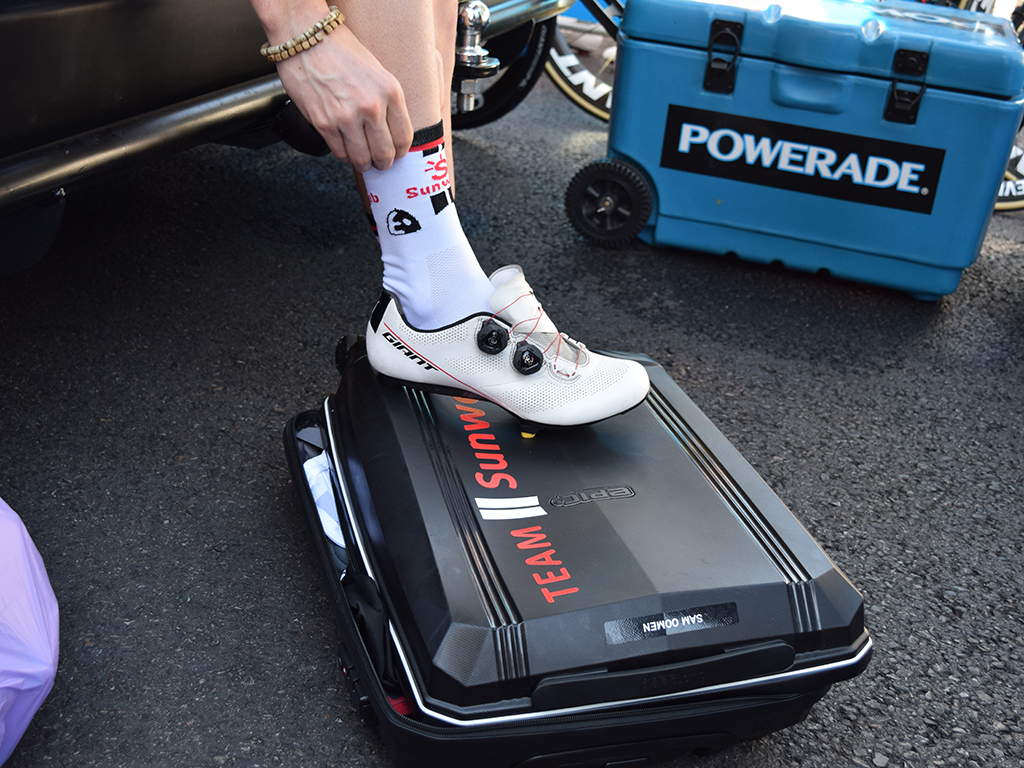
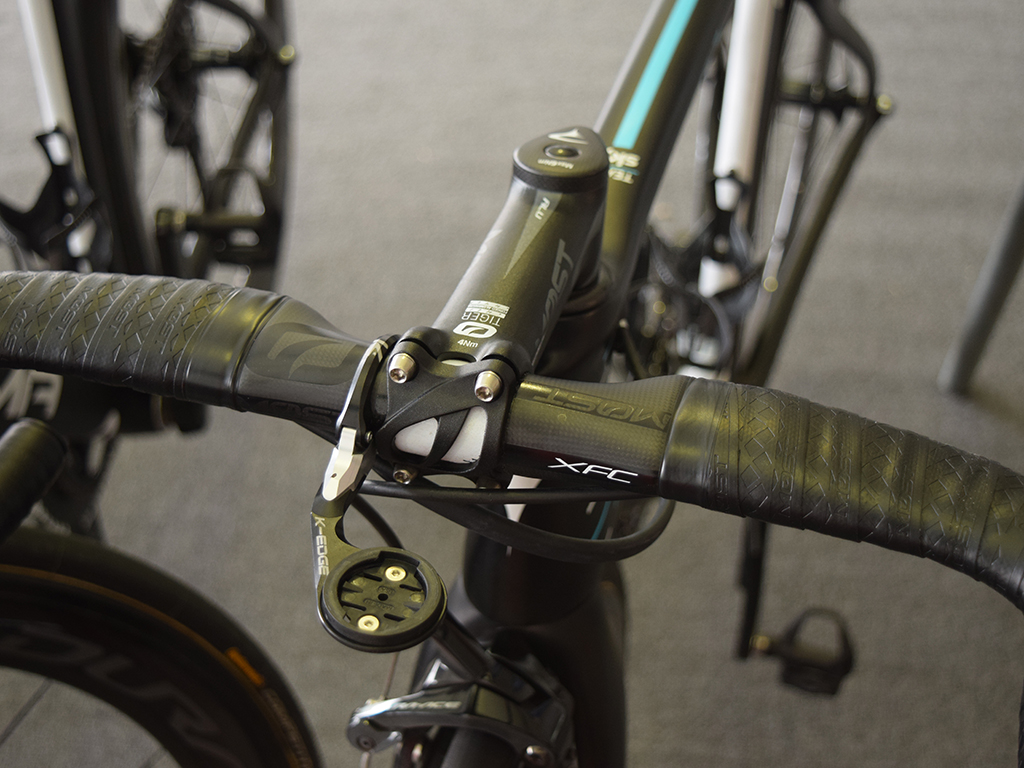
The 2018 season is officially underway. The WorldTour opener in Australia, plus racing in Mallorca and Argentina have given us our first taste of racing for the year, and showcased the latest specification team bikes.
The 18 WorldTour teams from last season all remain in place for the new campaign, marking a very different state of affairs to the beginning of 2017, when Tinkoff and IAM Cycling had folded and Lampre had morphed into UAE Team Emirates, while Bahrain-Merida had just entered existence and Bora-Hansgrohe had made the step up from Pro Continental level.
This stability into the new season continues with sponsors and team partnerships. Only two teams have changed title sponsors and each of the 18 teams have stuck by their existing frame and groupset providers from last year.
When it comes to wheels, finishing kit and other component choices however, several teams have made key changes and each follows a distinctive trend towards adopting their existing sponsors’ in-house brands.
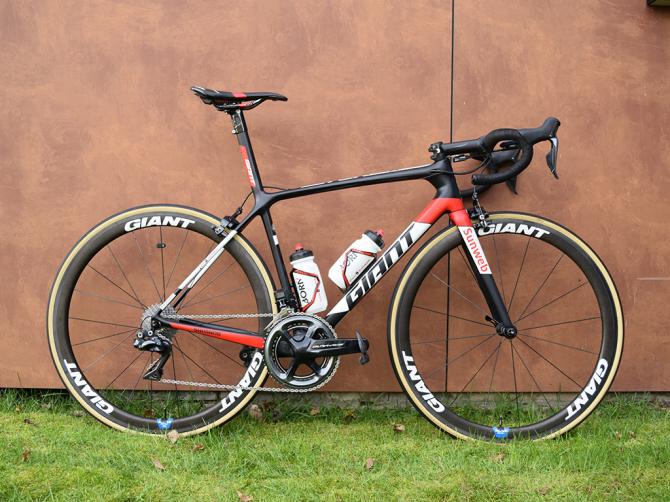
Giant and Team Sunweb
Giant are the former title sponsors of Team Sunweb, as well as the largest bicycle manufacturer in the world. During the 2017 season, Sunweb paired their Giant frames with handlebars, stems, saddles, computers and handlebar tape from the Taiwanese company.
Giant are continuing to provide Sunweb with all of the same components for this season, with the exception of the computers, which are now provided by the German company, Sigma Sport.
On top of the existing components, the team has also switched from Shimano to Giant wheels, Elite to Giant bottle cages and Shimano to Giant footwear.
Get The Leadout Newsletter
The latest race content, interviews, features, reviews and expert buying guides, direct to your inbox!
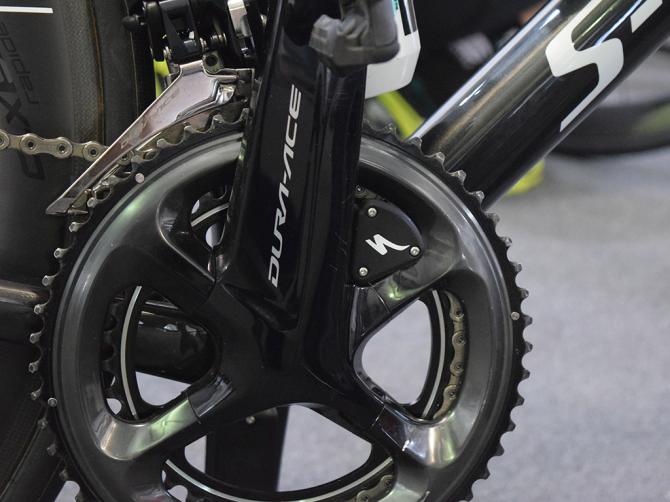
Power meter party
Excluding tyres and computers, Team Sunweb’s bikes for 2018 are a sum of Giant and Shimano components. Shimano’s dominance in the sport has come to the fore in recent years, with 15 of the 18 WorldTour teams now using their components.
The update to Shimano’s flagship groupset Dura-Ace was launched at the 2016 Tour de France, before being gradually phased into WorldTour teams’ bikes through the 2017 season.
This year, at least six WorldTour teams have the option to accompany the R9100 series groupset with Shimano’s power meter – the R9100-P – with power meters from Pioneer and SRM all being dropped by teams.
Specialized, who provide frames, wheels (through their sister brand Roval) and finishing kit to both Quick-Step Floors and Bora-Hansgrohe also have launched their first power meter for the 2018 season.
Spotted for the first time at the Tour Down Under, the power meter looks very similar to an existing unit from 4iiii and while both teams had the unit equipped to their Shimano Dura-Ace cranksets, it is expected that Specialized will also make the unit available to their in-house S-Works cranksets.
Both power meters follow the trend of diversifying away from their existing product line-up in pursuit of a new market segment.
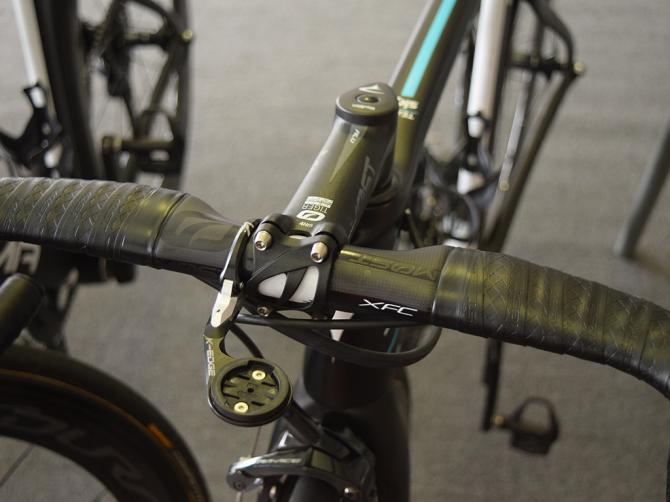
Handlebars, stems and finishing kit
Team Sky are another team to make subtle changes to their components for 2018. Previously using handlebars and stems from PRO (Shimano’s sister component company), the team has switched to Pinarello’s MOST brand for the season.
BMC Racing updated their flagship Teammachine SLR01 model ahead of last year’s Tour de France and the likes of Greg van Avermaet and Richie Porte will be aboard the same model for this season.
A common feature in modern carbon framesets is a D-profile seat tube and proprietary seat post, with the BMC retaining the design feature from its previous efforts. Along with a fork and seat post, the new Teammachine frameset also comes with a proprietary stem design, dubbed Integrated Cockpit System or ICS by BMC.
While house brands’ components have long been produced, both BMC’s and Team Sky’s decision to adopt cockpits provided by their frame builders suggests that teams are now adopting an entire bicycle system rather than just a combination of various parts as has been the case for close to a century.
Team Sky’s Head of Technical Operations and Commercial Carsten Jeppesen announced this when the partnership with the team was confirmed, saying, “the opportunity to partner with MOST alongside Pinarello on a wholly integrated bike solution and design inclusive of the frame, forks, seat post and cockpit represents and natural progression.”
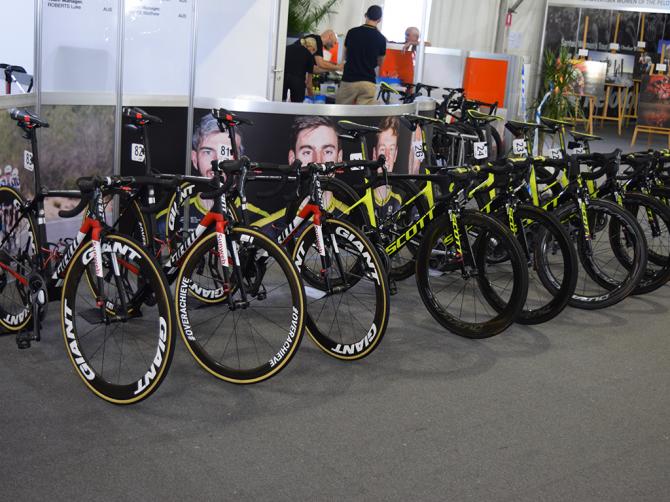
Are more holistic builds contributing to performance or bottom lines?
This season, 11 WorldTour teams use components or finishing kit from their frame provider and, of the remaining seven, two use full Shimano groupsets and wheels.
In an era when WorldTour teams are constantly fighting for their survival (see Cannondale-Drapac’s perilously close call at the end of last season), the question remains whether teams are choosing the best possible components for their riders or whether that choice no longer exists.
For manufacturers, too, marketing budgets and bottom line figures have also felt the pinch in recent years. Extra exposure in the form of wheels, finishing kit and even clothing at the top level of the sport is invaluable brand marketing and, for many companies, the only form of marketing they execute.
The trickle down of pro-level components to fans has been integral to the popularity of professional cycling for decades, and for many, this accessibility is one of the reasons fans adore the sport.
Limiting the colour and diversity of the sport to just a few brands at the professional level in the pursuit of profit removes the unique accessibility to many. While some can afford the latest S-Works Tarmac frameset, the ability for another young fan to buy the same stem or handlebars as their idol, perhaps with their Saturday job pay packet, is intrinsic to the beauty of the cycling and without it, some of that magic may begin to disappear.